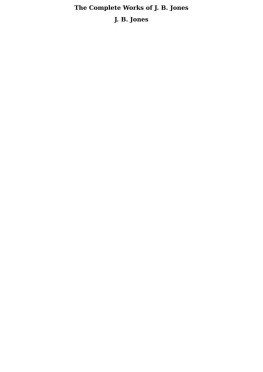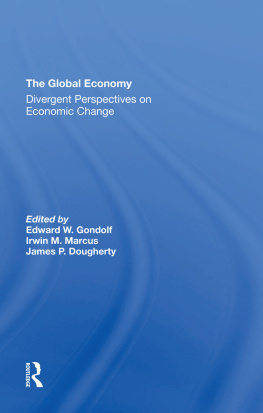Edward R. Beauchamp - The Japanese Economy and Economic Issues since 1945
Here you can read online Edward R. Beauchamp - The Japanese Economy and Economic Issues since 1945 full text of the book (entire story) in english for free. Download pdf and epub, get meaning, cover and reviews about this ebook. year: 2021, publisher: Taylor & Francis, genre: Politics. Description of the work, (preface) as well as reviews are available. Best literature library LitArk.com created for fans of good reading and offers a wide selection of genres:
Romance novel
Science fiction
Adventure
Detective
Science
History
Home and family
Prose
Art
Politics
Computer
Non-fiction
Religion
Business
Children
Humor
Choose a favorite category and find really read worthwhile books. Enjoy immersion in the world of imagination, feel the emotions of the characters or learn something new for yourself, make an fascinating discovery.

- Book:The Japanese Economy and Economic Issues since 1945
- Author:
- Publisher:Taylor & Francis
- Genre:
- Year:2021
- Rating:4 / 5
- Favourites:Add to favourites
- Your mark:
- 80
- 1
- 2
- 3
- 4
- 5
The Japanese Economy and Economic Issues since 1945: summary, description and annotation
We offer to read an annotation, description, summary or preface (depends on what the author of the book "The Japanese Economy and Economic Issues since 1945" wrote himself). If you haven't found the necessary information about the book — write in the comments, we will try to find it.
The Japanese Economy and Economic Issues since 1945 — read online for free the complete book (whole text) full work
Below is the text of the book, divided by pages. System saving the place of the last page read, allows you to conveniently read the book "The Japanese Economy and Economic Issues since 1945" online for free, without having to search again every time where you left off. Put a bookmark, and you can go to the page where you finished reading at any time.
Font size:
Interval:
Bookmark:

- 1. History of Contemporary Japan, 19451998
- 2. Japanese Society since 1945
- 3. Education and Schooling in Japan since 1945
- 4. Women and Womens Issues in Post World War II Japan
- 5. The Japanese Economy and Economic Issues since 1945
- 6. Japans Role in International Politics since World War II

HC462.9.J3287 1998 | |
330.95204dc21 | 98-51525 CIP |
Font size:
Interval:
Bookmark:
Similar books «The Japanese Economy and Economic Issues since 1945»
Look at similar books to The Japanese Economy and Economic Issues since 1945. We have selected literature similar in name and meaning in the hope of providing readers with more options to find new, interesting, not yet read works.
Discussion, reviews of the book The Japanese Economy and Economic Issues since 1945 and just readers' own opinions. Leave your comments, write what you think about the work, its meaning or the main characters. Specify what exactly you liked and what you didn't like, and why you think so.




